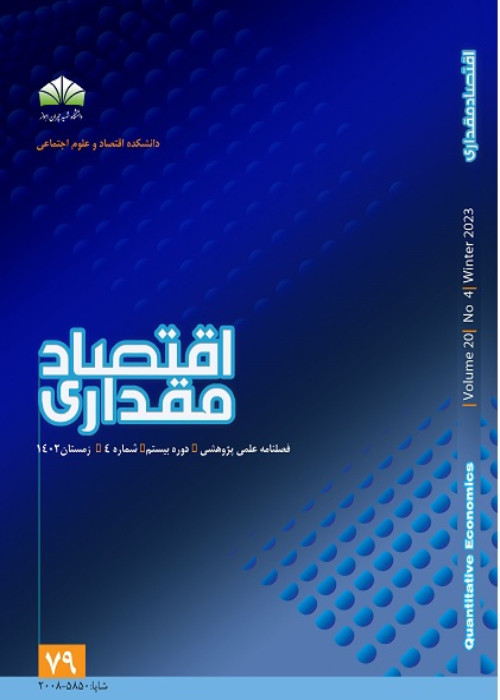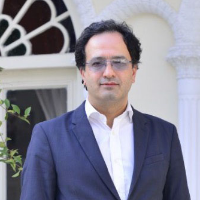Iran's role in the future of EU Energy supply
Despite the growing trend of renewable energy production in the world, that will significantly reduce dependence on fossil fuel in major energy comsuming countries, the IAEA forecasts during the next 30 years all industrialized countries, including menbers of the EU, will be increasingly dependant on the importation of oil and gas. Thereforethe security of energy supply will be a core issue in the EU. According to forecasts by the European Commission's Energy Office, energy supply within the European Union will decline by about 20% in2030compared to 2005, so that Europe will need to import more than 55%of its energy. Meanwhile, gas is the main source of energy on which there wiil be the most dependence. Gas cooperation between the EU and Russia has existed since 1960. It has passed a variety of challenges successfully and is now an important aspect of the overall EU-Russia relationship. Russia is the largest exporter of natural gas to the European Union, so as the revenues from exports to the EU accounts for a large share of Russia's GDP. However, current EU-Russia energy policies do not appear to becooperative, and implementation of previous initiatives has slowed. There are a number of studies on the interdependence between Russia and the European Union in terms of energy, especially gas trade, as well as the analysis of misunderstandings and conflicts in this regard. However, the way in which such interdependence can affect Iran has not been well explored. None of the studies has considered Iran as an important player or even a solution to the "crisis" in EU-Russia energy relations.
In this research, statistical, descriptive, analytical and historical research methods have been used. Information was also collected through library and Internet resources and using news databases based on objective-historical data, and an attempt was made to use the most reliable and up-to-date statistical and descriptive information of domestic, regional and international study centers. The libraries of the Ministry of Foreign Affairs, the Library of the University of Science and Research, the Library of the Center for Middle East Studies and Research of the Ministry of Foreign Affairs, the National Library and domestic and international virtual libraries have been used to obtain library information.
The inability of some members of the European Union to supply energy resources or their monopoly, and high dependence on Russian gas and lack of trust in that country, insufficient gas resources in the Caspian Sea and a 25 percent reduction in energy production within the EU by 2030 (compared to 2000(, the Union's main challenges in ensuring energy security have made the EU adopt a "collective energy security" approach. In line with theories of reciprocity and neo-functionalism, EU-Russia cooperation in the field of energy can reduce the conflict and accelerate cooperation in other areas and establish peace in relations between the two sides. One of the requirements of the EU Collective Security Strategy is the diversification of the EU's energy supply, and in this strategy, the Islamic Republic of Iran, as the holder of the world's first energy reserves (total oil and gas), can play a key role in the EU's energy supply. If this is achieved, further stabilization will accelerate Iran's economic development from two perspectives of Iran's security and the region, as well as the provision of economic benefits.
Despite various challenges in reducing the share of Russian gas in the European energy basket, Iran can play a special role in this process due to its abundant gas resources and strategic geographical location. Although the establishment of a special program for strategic cooperation between the EU and Iran regarding energy has always been a serious challenge due to the US economic sanctions, the strong mutual desire to establish economic relations, especially after the 2013 nuclear deal, confirms that the concept of interdependence can be used for bilateral relations in this regard. This study discusses how this dependence regarding energy, can ultimately lead to explaining the role of Iran in the future energy supply of Europe. According to the results, Iran will be able to meet 10% of global consumer needs in the long run if it overcomes the political challenges of international relations and lift sanctionsThis will lead to a strategic partnership between the EU andIran that will improve international investment and trade as well as technology transfere. With the rapid,stable improvement in Iran, this can be an advantage.
Energy Security , Iran , EU , Geopolitics , Interdependence
- حق عضویت دریافتی صرف حمایت از نشریات عضو و نگهداری، تکمیل و توسعه مگیران میشود.
- پرداخت حق اشتراک و دانلود مقالات اجازه بازنشر آن در سایر رسانههای چاپی و دیجیتال را به کاربر نمیدهد.



